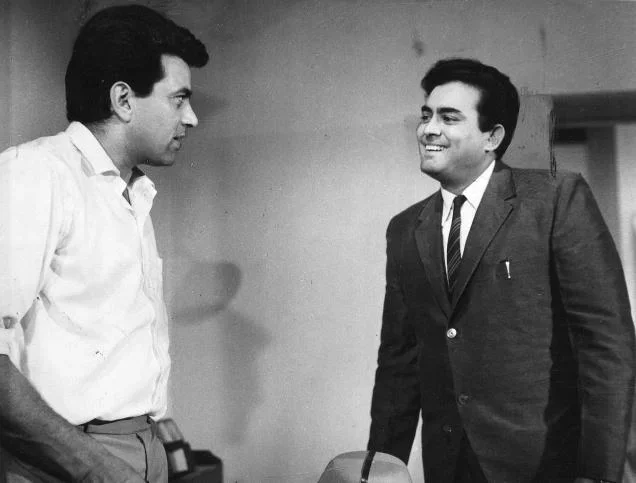prasad1
Active member

I look back on an old film that wonderfully captures the time in our collective life as a nation when idealism began to die — Hrishikesh Mukherjee’s philosophically-complex Satyakam.
Set in the relatively idealistic years just after Independence, it tells the story of a fiercely honest government official, who is not only uncompromisingly honest but also fights corruption among his peers and official superiors. What is fascinating about the narrative is that it shows the honest man not prevailing, but isolated, bitter and falling to ruin as the result of his principles, whereas his more ‘flexible’ peers prosper. Most chronicles on good and bad show the good to ultimately prevail and triumph. This account is a rare exception, because the life of the honest officer disintegrates into shambles. His fate indicates that, in the real world, choosing to do what is ethically right may not just block access to wealth, career growth and well-being, but may also cause suffering, persecution and loneliness.
In the end, knowing he is going to die and leave his wife and son penniless, he agrees to take a bribe for the first time in his life. But it is his wife who opposes him. In this act of his wife’s refusal — choosing to live penniless after his death rather than allow him to compromise on his lifelong convictions — his life gains meaning, and he dies satisfied.
............................................
The meaning of corruption has also altered dramatically with the passing years. The protagonist in Satyakam is furious when his wife pulls a chair from his office into their bare sitting room to seat a guest. He offends an old friend because he refuses to leave office five minutes early to meet him after many years because personal work cannot be allowed on official time. And he shuns the company of wealthy businessmen
......................................
The newfound middle-class activism against corruption is schizophrenic because, unlike the poor who are only victims of corruption, the middle classes are not just victims, but also willing participants and beneficiaries of corruption. Popular philosopher Michael Sendel warns of the consequences of our transition from a market economy to a market society, in which social relations are valued using the narrow currency of profit and loss. I see an equal danger as a country, which is still home to every third impoverished person in the world, moves into what I can only describe as a market state.
No wonder then that I feel such great nostalgia today for the foolhardy idealism of the public official in Satyakam — prepared to place at stake and indeed sacrifice every reasonable personal benefit for the defence of what is true, just and good.
End of idealism - The Hindu
